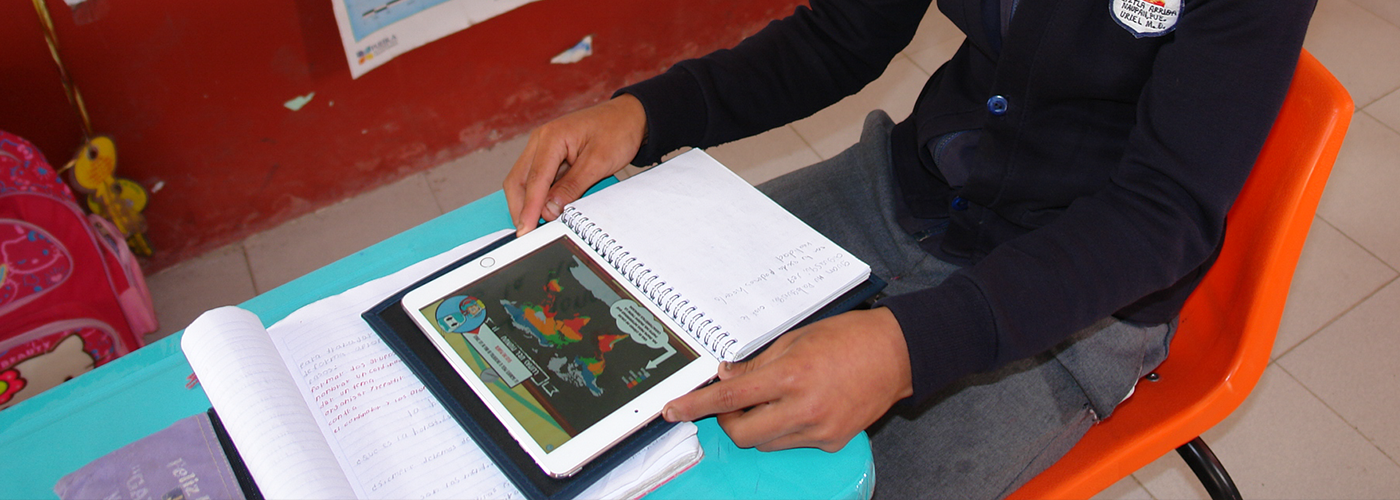I’m a pretty busy guy. At any given time, I tend to have a lot of different projects going, many of which might qualify as a full-time job. For example, right now I’m writing a book, building a house (or at least working with the builder), and helping manage several different companies in radically different industries, while carving out free time to mentor entrepreneurs and spend time with my family and friends. Every single week brings various crises, triumphs, and enough emotional highs and lows to last a nervous person a lifetime.
Yet while there are times when I feel the strain of being busy, on the whole, I live a fairly happy and healthy life, including regular exercise and even playing basketball a couple of times per week.
“How does he find the time?” someone might ask. That’s just it. I don’t find the time; I allocate it.
Reframing “Wasted Time”
Here’s what I mean. Many people who want to be more productive focus on eliminating things that “waste” their time. I guess their working theory is that the more time you find, the more things you’ll be able to accomplish. Yet if you were to really carefully observe 100 people who were trying to eliminate “wasted time,” my guess is that they spend more time trying to avoid waste than they actually save!
You’ll get much farther much faster if you allocate time to organization and preparation. Tweet This Quote
When I took driver’s ed, the instructor explained it to me this way: When you’re driving your car, don’t focus your eyes on the side of the road and think, “Got to stay away from the side of the road!” It’s much easier to look at where you’re trying to go – you’ll practically steer automatically.
I believe the same principle applies to managing my time. The most helpful thing I can do (and sadly, I don’t always do it) is to write down a short list of the most important/high-leverage things I can spend my time on each day, and then deliberately allocate my time to them. Sometimes, I even take it a step further by breaking up an important task into two stages – preparation and execution.
Sharpening the Saw
Both allocating time to the most important things, and taking the time to do the preparation before the execution, fall into the category of what Stephen Covey called “sharpening the saw.” If you need to cut down a forest of trees, one of the most important things you can do is to sharpen your saw before you start, and take the time to regularly re-sharpen it as it wears down. Sure, it “saves” time to start sawing away immediately, but you’ll get much farther much faster if you allocate time to organization and preparation.
For example, I spent part of this week writing a new introduction to my latest book. First, I spent a solid couple of hours gathering materials and putting them into an overall outline. Then, and only then, did I start the writing process. It might have been tempting for some to just start writing, but I knew I’d end up at my desired end state faster by taking the slower, more methodical, but much more productive path.
Productivity tools aren’t productive if they drain your energy and result in your avoiding work. Tweet This Quote
The Freedom of Conscious Choice
There’s also an incredible sense of freedom that comes with allocating your time. At least for me, when I rely on a standard to-do list, it just starts to depress me because it keeps getting longer and longer, and I never finish. Productivity tools aren’t productive if they drain your energy and result in you avoiding work. Instead, each time I choose to do something, I feel good about making a deliberate choice.
For example, I wrote this essay on the plane ride back from one of my volunteer mentoring trips. I have to admit, it was a tiring day. I flew cross-country the night before, woke up that morning at 6:30 a.m. Eastern time (3:30 a.m. based on my home time zone), then spent the day giving lectures and running workshops before making the trek back to the airport, through security, and onto the flight home.
Given my lack of sleep and lower energy level (if I were home, I’d do a cardio workout to re-energize myself, but airports have a distinct lack of gym facilities, and people look at you funny if you do jumping jacks in the middle of the terminal), my plan was to focus on less important, but relatively mindless activities – like filing old email.
There’s an incredible sense of freedom that comes with allocating your time. Tweet This Quote
Lo and behold, in my inbox, I found an email asking me if I had time to write an essay for Unreasonable.is, suggesting that I share some of my secrets to how I do so many things. I made a conscious choice to allocate my time to writing this essay, and as a result, I feel good about myself – and maybe even a little re-energized – despite sitting in the middle seat on long cross-country flight. I didn’t try to “find the time” to work on this essay, I just allocated the time and did it.
Allocating your time isn’t a panacea. I’m sure I still waste plenty of time, and both my to-do list and my inbox are way too long. But making conscious choices about my time, asserting control over my situation, and focusing on things I’ve explicitly decided are important, all help me do more. And perhaps just as important, I feel good about doing it.



